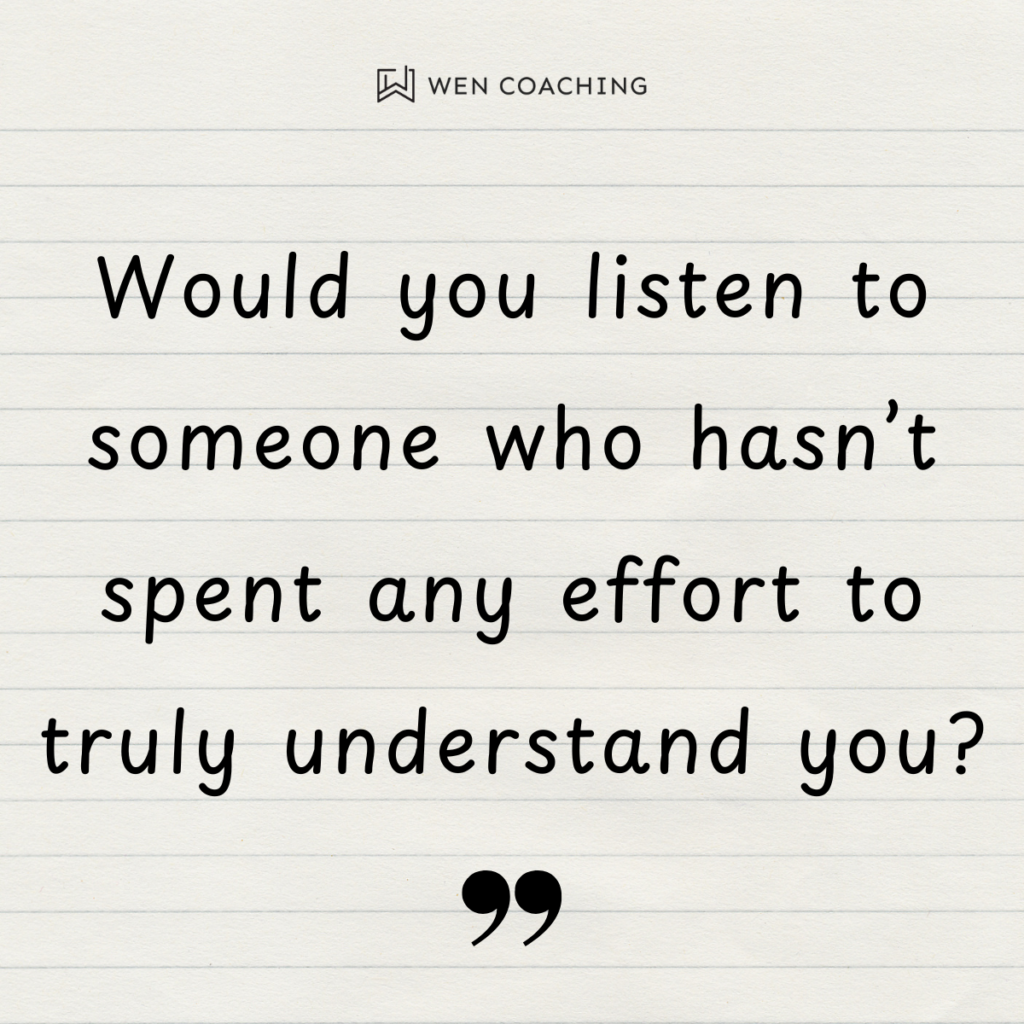“I Don’t Want to Play Politics”
I’ve heard this phrase countless times from many immigrants I coach—especially immigrant women in leadership.
And to be honest, I used to say it too.
“I just want to do good work and be recognized for it.”
“I don’t have time for the games.”
“I’m not good at self-promotion.”
But underneath that frustration was something even more painful:
“I’m not being heard.”
I get it. You speak up in meetings, share thoughtful feedback, raise concerns—and somehow, it doesn’t land.
You’re overlooked. Bypassed. Dismissed.
So when someone suggests “you need to play the game,” it feels like salt on a wound.
The idea of playing politics feels manipulative, draining, even fake (👈 this was definitely me).
But here’s the reframe that changed everything for me:
“Playing politics” is really about building relationships, context, and trust.
It’s about listening more deeply—not just to respond, but to understand.
It’s about noticing what others are navigating:
– What’s keeping them up at night?
– What are they trying to protect, solve, or prove?
– What’s the real issue under the surface?
It’s about collecting feedback and being curious.
It’s about seeing patterns, anticipating pain points, and meeting people where they are.
Because when you understand someone’s world, you can speak in a way that lands.
And let’s be honest—would you listen to someone who hasn’t spent any effort to truly understand you?

Neither would they.
So this isn’t about saying what people want to hear.
It’s about saying what needs to be said—in a way that can be received.
You build trust.
You create safety.
And slowly, steadily, you build the conditions for your voice to not just be heard—but to shape outcomes.
This isn’t about pretending to be someone else.
It’s about staying rooted in who you are—and learning to move powerfully within the system you’re in.
That’s not playing politics.
That’s leadership.
Loving you,
Wen